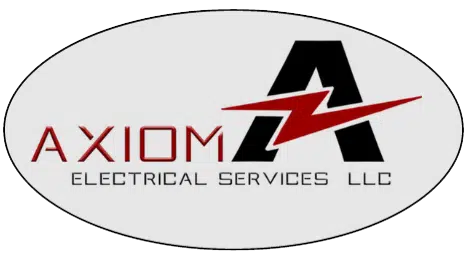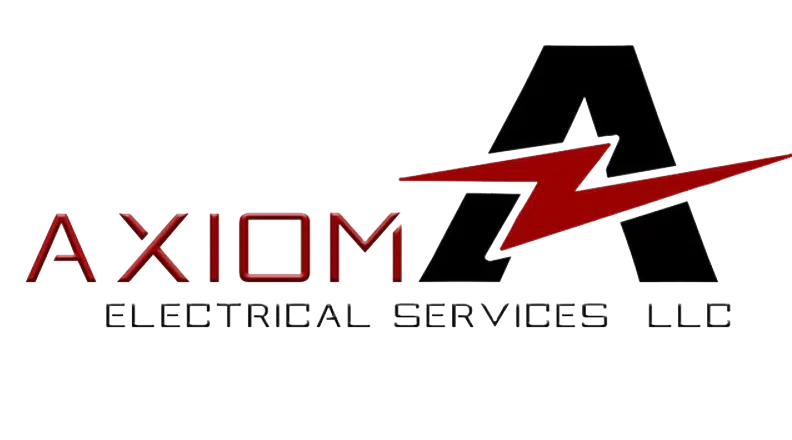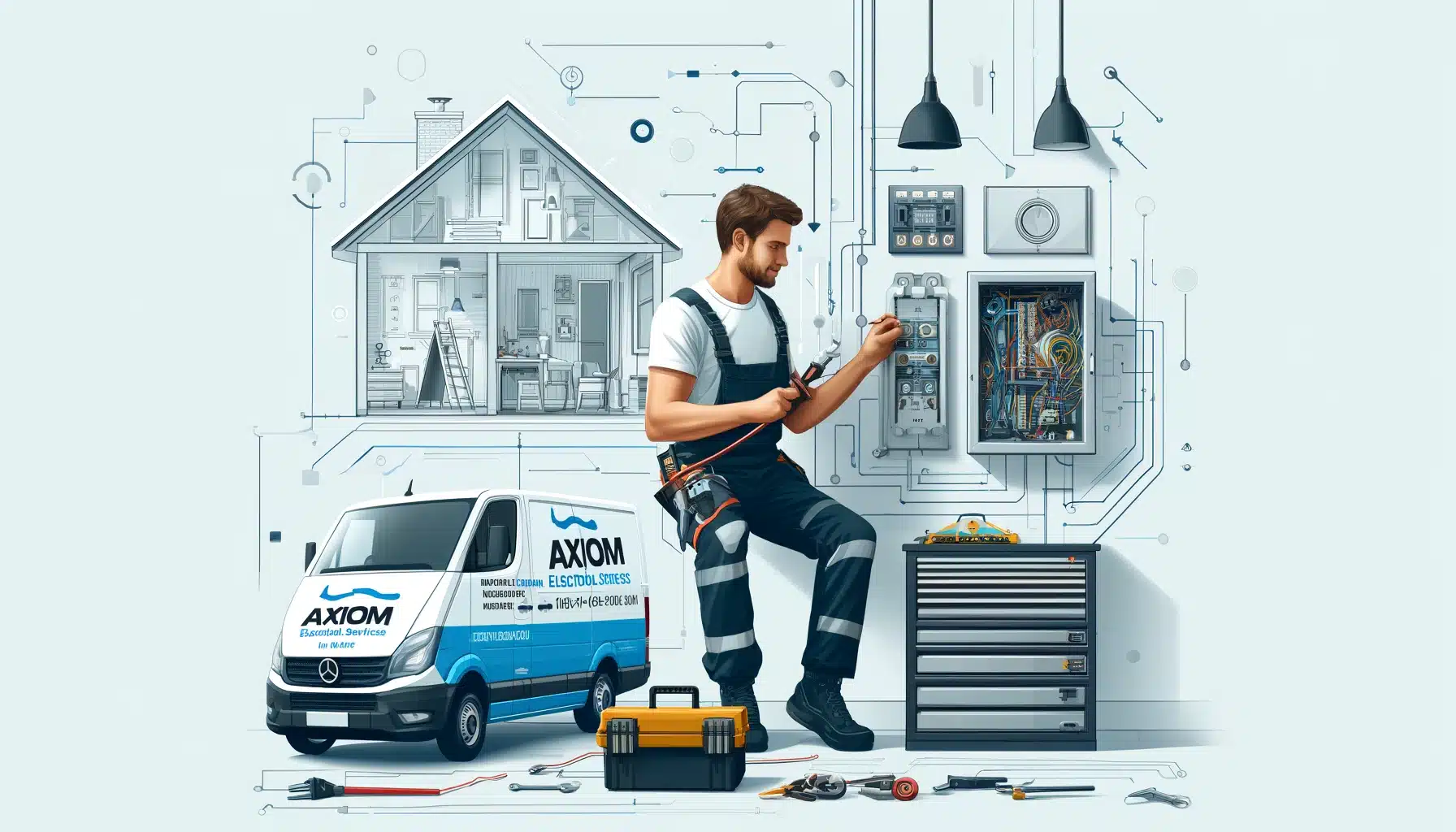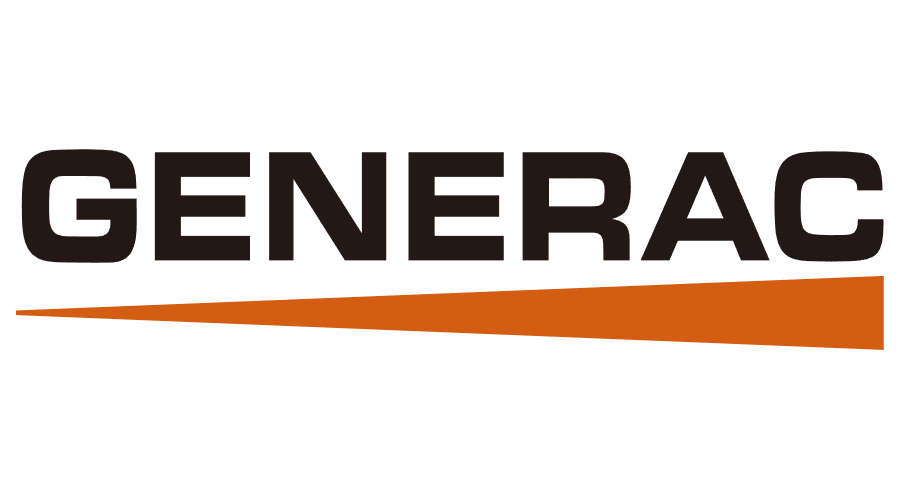Professional Electricians for Your Home: Ensuring Safety and Quality
Introduction
When it comes to electrical work in your home, safety and quality are paramount. Hiring a professional electrician is crucial for ensuring that all electrical installations, repairs, and upgrades are carried out safely and efficiently. This comprehensive guide will delve into the importance of hiring professional electricians, how to select the right one, and the various services they offer. Whether you’re dealing with a minor repair or a major renovation, understanding the role of professional electricians will help you make informed decisions.
Why Hire a Professional Electrician?
Safety First
One of the most significant reasons to hire a professional electrician is safety. Electrical work can be dangerous if not handled correctly. Professional electricians have the training and experience to manage electrical systems safely, reducing the risk of electrical fires, shocks, and other hazards.
Code Compliance
Professional electricians are familiar with local building codes and regulations. Ensuring that all electrical work complies with these codes is essential for your safety and can prevent costly fines or issues when selling your home.
Quality Workmanship
Professional electricians bring a high level of skill and expertise to their work. They use quality materials and follow best practices to ensure long-lasting and reliable electrical installations and repairs.
How to Select a Professional Electrician
Choosing the right electrician for your home involves careful consideration. Here are key factors to consider:
Licensing and Insurance
- Licensing: Ensure the electrician is licensed to operate in your area. A license indicates that the electrician has met the required standards of training and experience.
- Insurance: Verify that the electrician has liability insurance and workers’ compensation. This protects you in case of accidents or damages during the job.
Experience and Specialization
- Experience: Look for electricians with several years of experience in the field. Experienced electricians are more likely to handle complex issues effectively.
- Specialization: Some electricians specialize in residential work, while others focus on commercial or industrial projects. Choose an electrician who specializes in residential electrical work for the best results.
References and Reviews
- References: Ask for references from past clients. Speaking with previous customers can give you insights into the electrician’s reliability and quality of work.
- Reviews: Check online reviews on platforms like Google, Yelp, and the Better Business Bureau. Positive reviews and high ratings are indicators of a reputable electrician.
Estimates and Pricing
- Detailed Estimates: Obtain detailed written estimates from multiple electricians. The estimate should include a breakdown of labor, materials, and any additional costs.
- Fair Pricing: Be cautious of unusually low estimates, as they may indicate subpar work or hidden fees. Choose an electrician who offers fair and transparent pricing.
Professionalism and Communication
- Professionalism: Evaluate the electrician’s professionalism during your initial interactions. A professional electrician should be punctual, courteous, and respectful.
- Communication: Effective communication is crucial. The electrician should be able to explain the work in simple terms and keep you informed throughout the project.
Common Electrical Services Provided by Professional Electricians
Electrical Inspections
Regular electrical inspections are essential for maintaining the safety and efficiency of your home’s electrical system. Professional electricians conduct thorough inspections to identify potential issues and ensure compliance with local codes.
Electrical Installations
Professional electricians handle a wide range of installations, including:
- Lighting Fixtures: Installation of indoor and outdoor lighting fixtures.
- Ceiling Fans: Proper installation of ceiling fans to ensure safe operation.
- Electrical Panels: Upgrading or installing electrical panels to meet increased power demands.
- Outlets and Switches: Installing new outlets and switches, including GFCI outlets for wet areas.
Electrical Repairs
Electrical issues can arise unexpectedly. Professional electricians are equipped to handle various repairs, such as:
- Faulty Wiring: Repairing or replacing damaged wiring to prevent electrical hazards.
- Tripping Breakers: Diagnosing and fixing issues causing circuit breakers to trip frequently.
- Outage Restoration: Restoring power after an electrical outage or malfunction.
Upgrades and Renovations
Home upgrades and renovations often require electrical work. Professional electricians can assist with:
- Home Automation: Installing smart home systems for enhanced convenience and efficiency.
- Energy Efficiency: Upgrading to energy-efficient lighting and appliances.
- Electrical Remodeling: Rewiring and updating electrical systems during home renovations.
The Importance of Regular Electrical Maintenance
Regular maintenance by a professional electrician is vital for the longevity and safety of your home’s electrical system. Here are some key maintenance tasks:
Testing and Inspecting
- Circuit Testing: Ensuring all circuits are functioning correctly and safely.
- GFCI Testing: Regularly testing Ground Fault Circuit Interrupters (GFCIs) to ensure they provide proper protection.
Cleaning and Tightening
- Panel Cleaning: Cleaning electrical panels to prevent dust buildup and overheating.
- Connection Tightening: Tightening all electrical connections to prevent loose wires, which can cause fires.
Updating and Upgrading
- Surge Protection: Installing whole-house surge protection to safeguard against power surges.
- Electrical Code Updates: Ensuring your electrical system is up to date with the latest code requirements.
DIY vs. Professional Electrical Work
Risks of DIY Electrical Work
While DIY projects can be satisfying, electrical work is best left to professionals due to the risks involved:
- Safety Hazards: DIY electrical work can lead to serious injuries or even death if not done correctly.
- Code Violations: Non-compliance with local codes can result in fines and unsafe installations.
- Insurance Issues: Homeowners’ insurance may not cover damages caused by unlicensed electrical work.
Benefits of Hiring a Professional
- Expertise: Professional electricians have the knowledge and skills to handle complex electrical issues safely.
- Efficiency: Professionals can complete electrical work more quickly and efficiently than most DIYers.
- Peace of Mind: Hiring a professional provides peace of mind, knowing that the work is done safely and correctly.
Questions to Ask Your Electrician
When hiring a professional electrician, asking the right questions can help ensure you select the best one for the job. Here are some questions to consider:
- Are you licensed and insured?: Confirm that the electrician holds a valid license and insurance.
- What is your experience with residential electrical work?: Ensure the electrician has relevant experience in residential projects.
- Can you provide references from past clients?: Speaking with previous clients can provide insights into the electrician’s reliability and quality of work.
- Do you offer a warranty on your work?: A warranty indicates the electrician’s confidence in their workmanship.
- What is the estimated timeline for this project?: Understanding the project timeline helps you plan accordingly.
The Process of Electrical Work: From Consultation to Completion
Initial Consultation
- Assessment: The electrician will assess the scope of the project and discuss your specific needs.
- Estimate: A detailed estimate will be provided, outlining the costs and timeline.
Planning and Preparation
- Permits: The electrician will obtain any necessary permits required for the work.
- Scheduling: The project will be scheduled, and materials will be ordered.
Execution
- Installation or Repair: The electrician will perform the necessary installations, repairs, or upgrades.
- Quality Check: A thorough inspection will be conducted to ensure the work meets all safety and quality standards.
Final Walkthrough
- Review: The electrician will review the completed work with you, explaining any important details.
- Documentation: You will receive documentation, including warranties and maintenance recommendations.
Case Studies: Successful Projects by Professional Electricians
Case Study 1: Whole-House Rewiring
A family in an older home was experiencing frequent electrical issues, including flickering lights and tripping breakers. A professional electrician conducted a thorough inspection and recommended a complete rewiring of the house. The project involved:
- Initial Assessment: Identifying outdated and unsafe wiring.
- Planning: Developing a comprehensive plan for rewiring the house.
- Execution: Replacing old wiring with new, safe, and efficient wiring.
- Completion: Ensuring all work complied with local codes and providing the family with a safer home.
Case Study 2: Smart Home Upgrade
A homeowner wanted to upgrade their home with the latest smart technology. A professional electrician assisted with:
- Consultation: Discussing the homeowner’s needs and preferences.
- Installation: Installing smart lighting, thermostats, and security systems.
- Integration: Ensuring all smart devices were integrated and functioning correctly.
- Education: Providing the homeowner with guidance on using their new smart home features.
Tips for Maintaining Your Home’s Electrical System
Regular Inspections
- Annual Checkups: Schedule annual inspections with a professional electrician to identify and address potential issues.
- Visual Checks: Regularly inspect outlets, switches, and cords for signs of wear or damage.
Safe Practices
- Avoid Overloading: Do not overload outlets or circuits, as this can cause overheating and fires.
- Use Surge Protectors: Protect sensitive electronics with surge protectors.
Timely Repairs
- Address Issues Promptly: If you notice any signs of electrical problems, such as flickering lights or warm outlets, contact a professional electrician immediately.
The Future of Residential Electrical Work
Advancements in Technology
- Smart Home Integration: The increasing adoption of smart home technology will continue to drive demand for skilled electricians.
- Energy Efficiency: Innovations in energy-efficient lighting and appliances will create opportunities for electricians to help homeowners reduce energy consumption.
Sustainability
- Renewable Energy: Electricians will play a crucial role in the installation and maintenance of renewable energy systems, such as solar panels.
- Eco-Friendly Practices: The industry will continue to prioritize eco-friendly practices, including the use of sustainable materials and energy-efficient solutions.
Conclusion
Hiring a professional electrician is essential for ensuring the safety, quality, and efficiency of your home’s electrical system. By understanding the importance of professional electrical work, knowing how to select the right electrician, and being aware of the various services they offer, you can make informed decisions that protect your home and family. Regular maintenance and timely repairs by a qualified electrician will ensure your electrical system remains safe and reliable for years to come.





